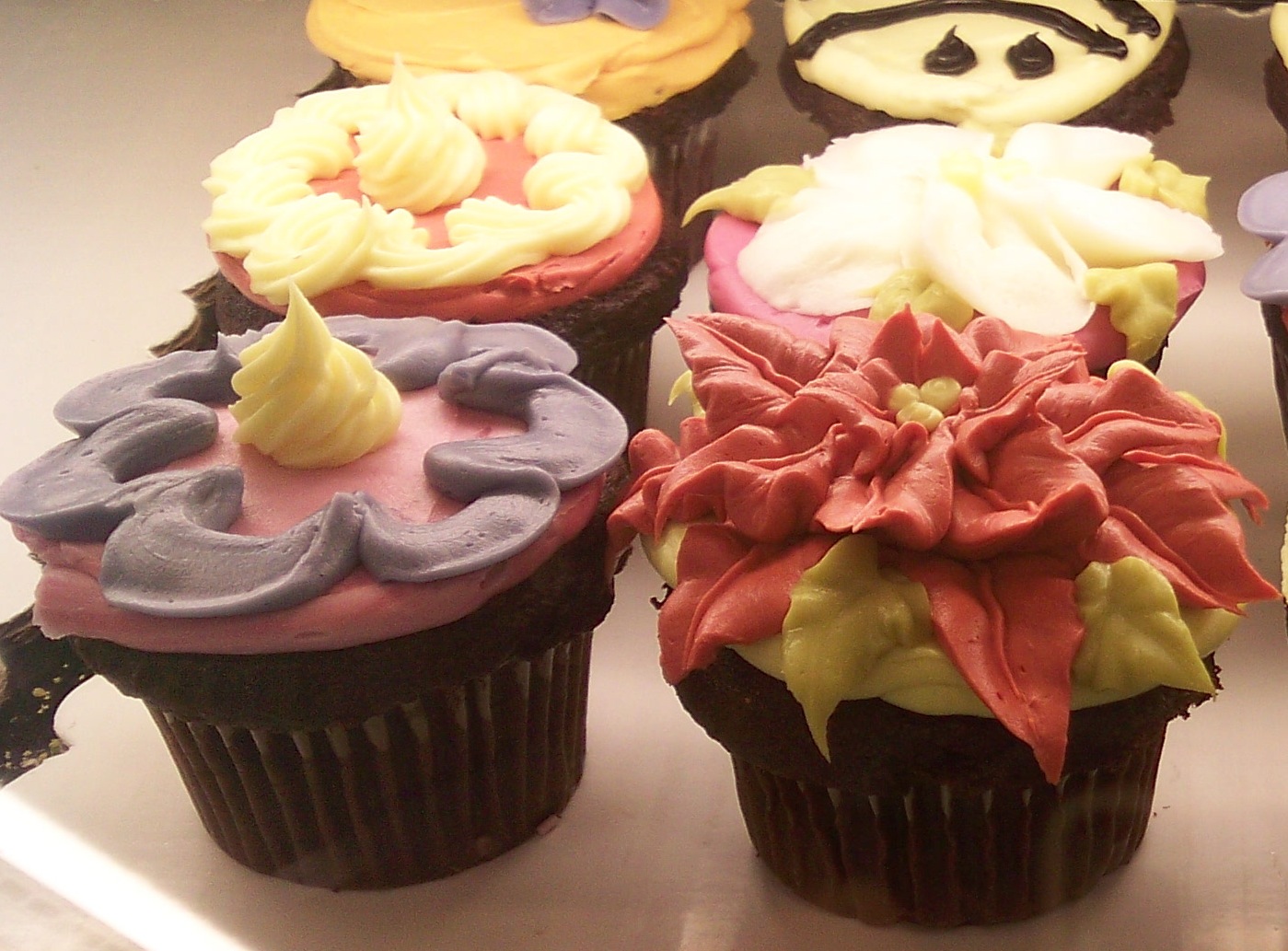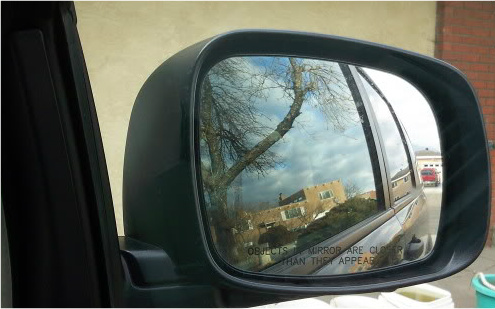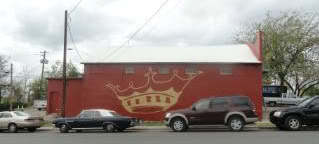
I was studying education in the early 1970’s, having wanted to be a teacher since first grade. The university was a hotbed of radical new thought about learning, spirituality, the value and valuing of the human life and spirit. I was in my late teens, and eager to take my turn at trying to change the world. We read all the then-current discussions of classroom failure—James Herndon, A.S.Neill, Jonathan Kozol and John Holt—and I lived and breathed in their hopeful vision of the future of free schools and open classrooms. I taught hard, and after six years I quit. I never did quit learning, though.
Newer John Holt books were waiting for me fifteen years later, when my firstborn son was expressing his distaste for organized activities and formal learning.
While I was making him little medieval costumes and taking him to feasts and tournaments where I set him down to play with his collection of could-have-been-medieval wooden and clay and metal toys, he being part and parcel of that ongoing work of performance art which is the Society for Creative Anachronism, I started to think that maybe school wasn’t going to benefit a child who was resistant to group control and already surrounded by learning opportunities which my distant impersonal gurus of education would have approved. Homeschooling seemed part and parcel of the respect for individuals and the attachment parenting which had flowed so freely from my previous experiences.
SandraDodd.com/HippieShirt
photo by Sandra Dodd
__






